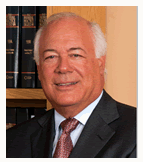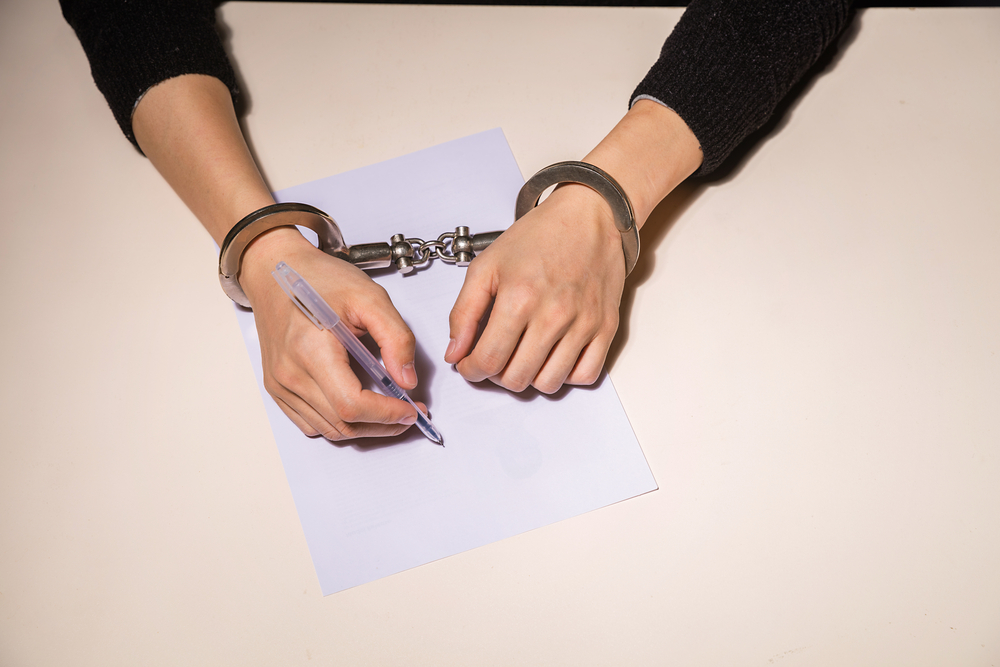Plea agreements are agreements between the defense and the prosecution whereby the defendant receives benefits in return for filing a “guilty” or “no contest” plea.
Typically, a prosecutor’s consideration in these agreements would take the form of proposing or not opposing a specific range within the Federal Sentencing Guidelines or charging the accused with a lower included offense or fewer offenses.
A plea agreement may also cover additional issues, such as the defendant agreeing to testify in a subsequent trial, maybe against a co-conspirator, or providing information in a current investigation.
Plea Agreement: Miami, Florida
An adept criminal defense attorney in Miami will inform you that most criminal cases can be resolved through a plea bargain. It has. Plea bargains can also be a helpful defense strategy when the evidence is stacked against the defendant.
Plea agreements are legally binding contracts under Florida’s Rules of Criminal Procedure. The prosecutor and the defendant are permitted to discuss the terms of a plea throughout the plea negotiation process.
When considering your plea, having legal representation can safeguard you. You and your Miami criminal lawyer must collaborate to reach advantageous conditions for both parties.
A plea may either be:
Plea of guilt
It happens when a defendant admits to the offense or charges they are charged with. The defendant can go to trial or enter a guilty plea in a criminal matter.
To avoid a trial, people frequently plead guilty. You can often get a lesser sentence if you admit guilt. This is like entering a not-guilty plea only to be found guilty afterward.
No Contest (Nolo Contendre)
A defendant accepts a conviction but declines to take responsibility for the charges they were facing.
By doing this, the offender accepts guilt but agrees to a punishment. In other words, you don’t refute the charges brought against you.
Accepting punishment
It’s challenging to accept punishment. It’s something some people wouldn’t even think to consider. But remember that a plea bargain benefits both parties and is a win-win situation.
A prosecution may concur to the following in exchange for a defendant entering a guilty or no-contest plea:
Abandon further charges.
Propose a lesser punishment for the offender or not, with the understanding that your advice won’t bind the court;
A precise sentence that you accept
When the evidence is disproportionately against the defendant, criminal defense attorneys advise choosing this option over going to trial.
Get help from us at the Law offices of Roy Kahn
It is not always simple to convince a prosecutor to accept the terms of a plea deal, so we advise against trying to negotiate this on your own.
Your plea deal will determine the specifics of your punishment. Which implies:
To what offenses are you pleading guilty?
Which guidelines should be used for sentencing?
What are the suggested changes?
If an appeal waiver is granted
What was your role in the offense that was charged?
 Roy J. Kahn, with years of legal experience in a wide variety of criminal law, heads a “boutique” firm, which means that your attorney is Roy J. Kahn, not a paralegal. If you have been charged or are about to be charged with a crime—or if you have been contacted to be a witness in a federal grand jury case, you need a qualified defense. You should consult with an attorney immediately and know that you have a right to make no statement until you have consulted with an attorney To contact Mr. Kahn, he can be reached at 305-358-7400.
Roy J. Kahn, with years of legal experience in a wide variety of criminal law, heads a “boutique” firm, which means that your attorney is Roy J. Kahn, not a paralegal. If you have been charged or are about to be charged with a crime—or if you have been contacted to be a witness in a federal grand jury case, you need a qualified defense. You should consult with an attorney immediately and know that you have a right to make no statement until you have consulted with an attorney To contact Mr. Kahn, he can be reached at 305-358-7400.

Recent Comments